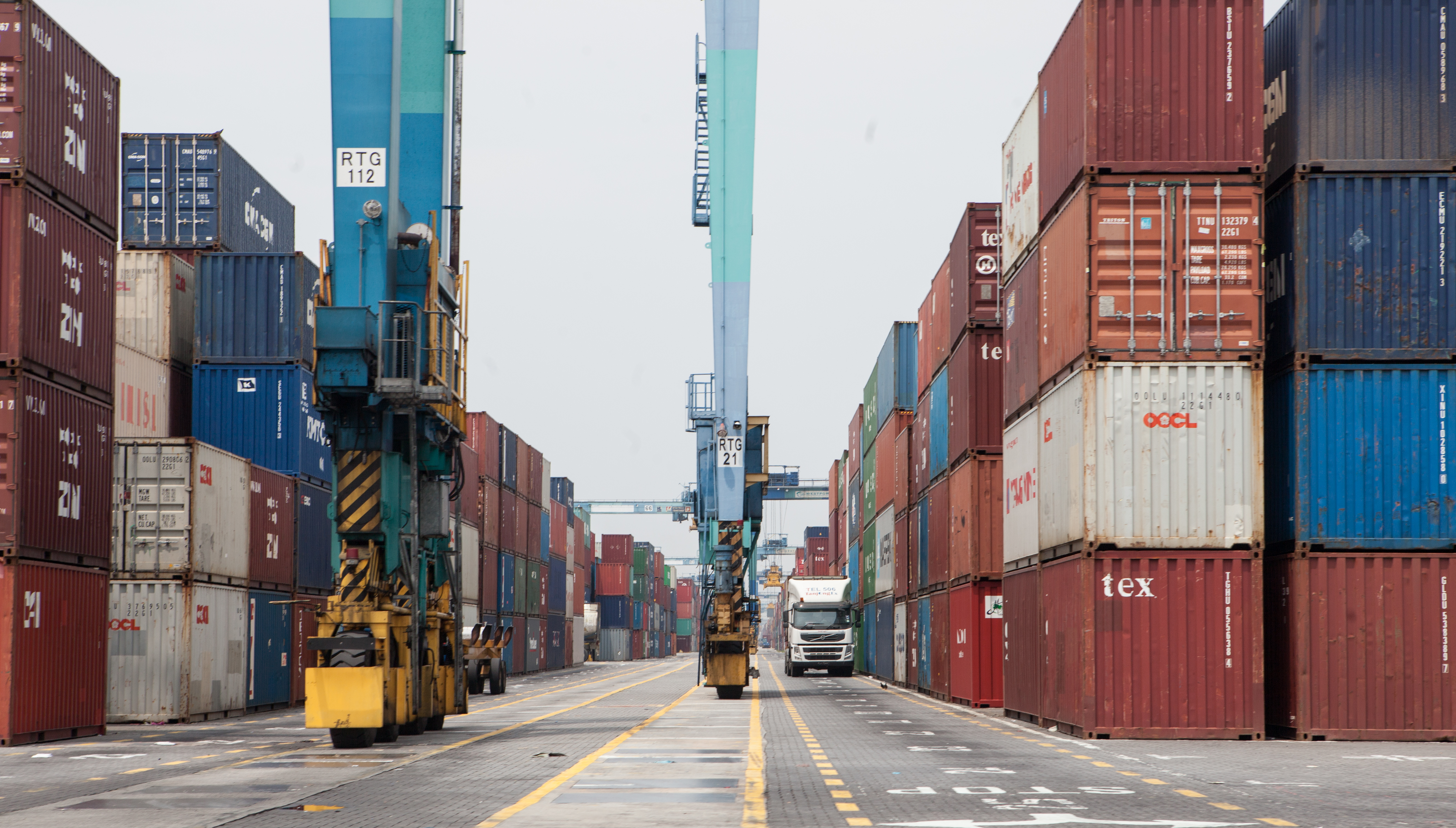China’s industrial enterprises had their first annual gain in profits since 2021, as producer deflation showed signs of easing in the wake of government efforts to curb excess competition and cut capacity.
Oil prices fell on Tuesday even as a massive winter storm hit crude production and affected refineries on the US Gulf Coast.
European car sales grew for a third year in a row in 2025, as consumers snapped up more affordable electric and hybrid models.
Thailand’s economy is poised to expand at its slowest pace in three years in 2026 as exports and domestic demand moderate, according to its finance ministry.
Malaysia generated RM45.4 billion in export sales in 2025 from Prime Minister Datuk Seri Anwar Ibrahim’s series of overseas visits and trade missions, Parliament was told on Tuesday.
US President Donald Trump threatened to hike tariffs on goods imported from South Korea to 25%, citing what he said was the failure of the country’s legislature to codify the trade deal the two nations reached last year.






